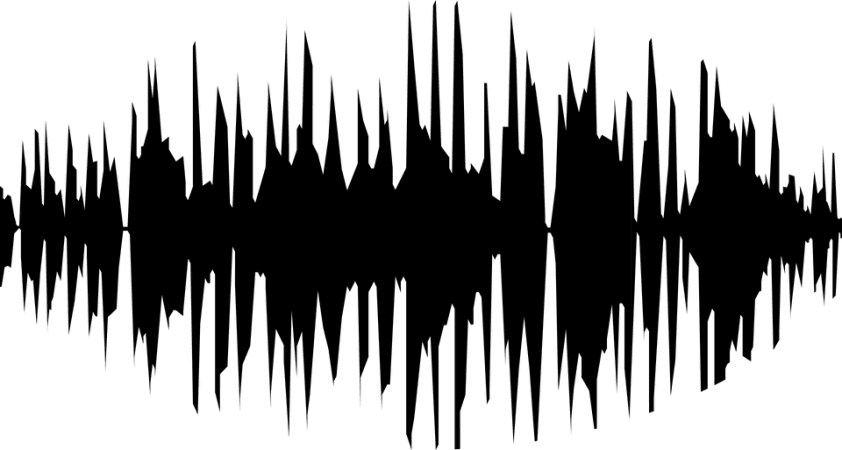
The speech-to-song illusion happens when spoken words are repeated over and over in a loop. When heard enough times, it starts to sound like the person is singing when they are actually only talking.
Last month's "Laurel or Yanny" auditory illusion caused a bit of a stir around the world, and a new study on auditory illusions have shed light on exactly why they happen. Much like optical illusions, auditory ones also affect the way humans the world around them reports Phys.org.
"There's this neat auditory illusion called the Speech-to-Song Illusion that musicians in the '60s knew about and used to an artistic effect—but scientists didn't start investigating it until the '90s," said Michael Vitevitch, professor and chair of psychology at KU, who conducted the study.
"The illusion occurs when a spoken phrase is repeated— but after it's repeated several times it begins to sound like it's being sung instead of spoken."
While several scientists knew of this illusion, no one really had an explanation as to why it happens, said Vitevitch. He went on to explain that this problem was almost always approached from the music perception point of view and not from the speech and language side. That is why, he says he used language processing to see if there is a way to understand this illusion.
Vitevitch and his team of students, notes the report went on to design six studies in all, to find out if a standing theory in the field- the Node Structure Theory which covers language processing can also be used to explain the speech-to-song illusion.
According to this theory, word nodes and syllable nodes act as a way for listeners to "detect" when they hear syllables, words and in extension, phrases; there are two types of detectors- word detectors and syllable detectors.
Just like a runner's muscles are tuned, some for short bursts of speed and some for endurance. "Word nodes are like sprinting muscles, and syllable nodes are like endurance muscles..." he adds. Like all muscles, after extended and repeated use, they get tired.
When a phrase is repeated over and over, the word nodes get tired and the ears simply stop perceiving the as strongly as they did when the phrase was first heard, notes the report. The syllable nodes, on the other hand, are used by the brain to differentiate rhythms in language. When there is a noticeable shift in perception, words transition into a song-like state.
The study was first published in the in the most recent issue of the peer-reviewed journal PLOS ONE.
















